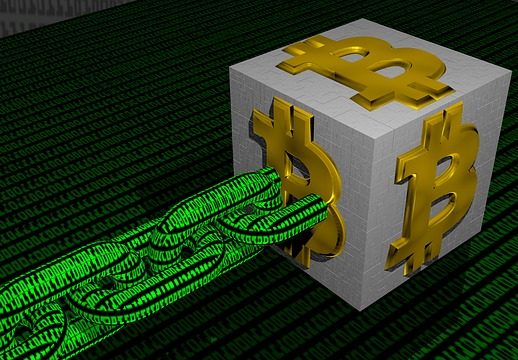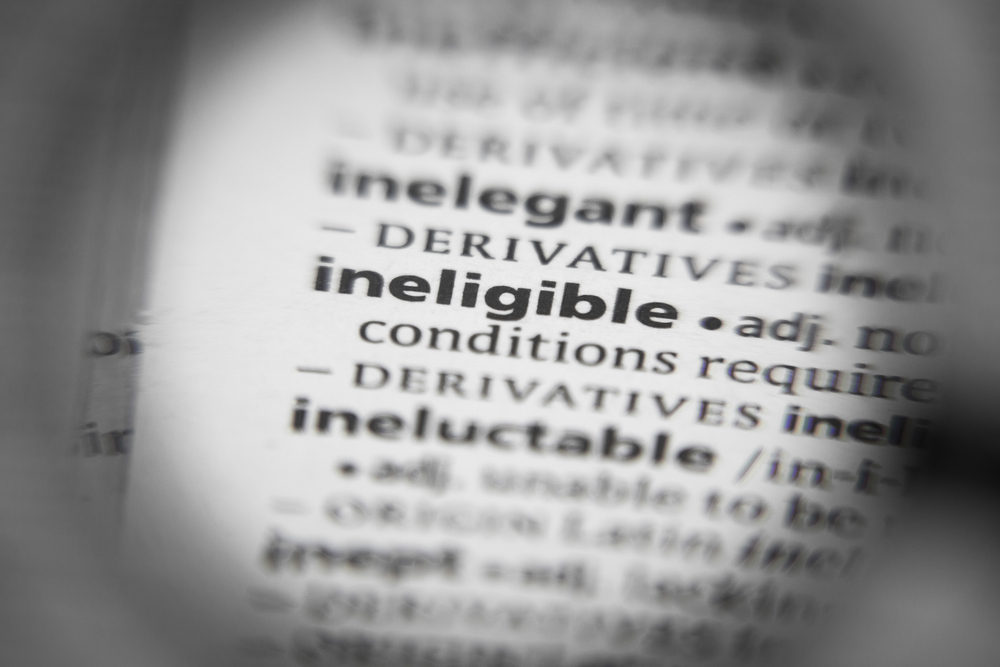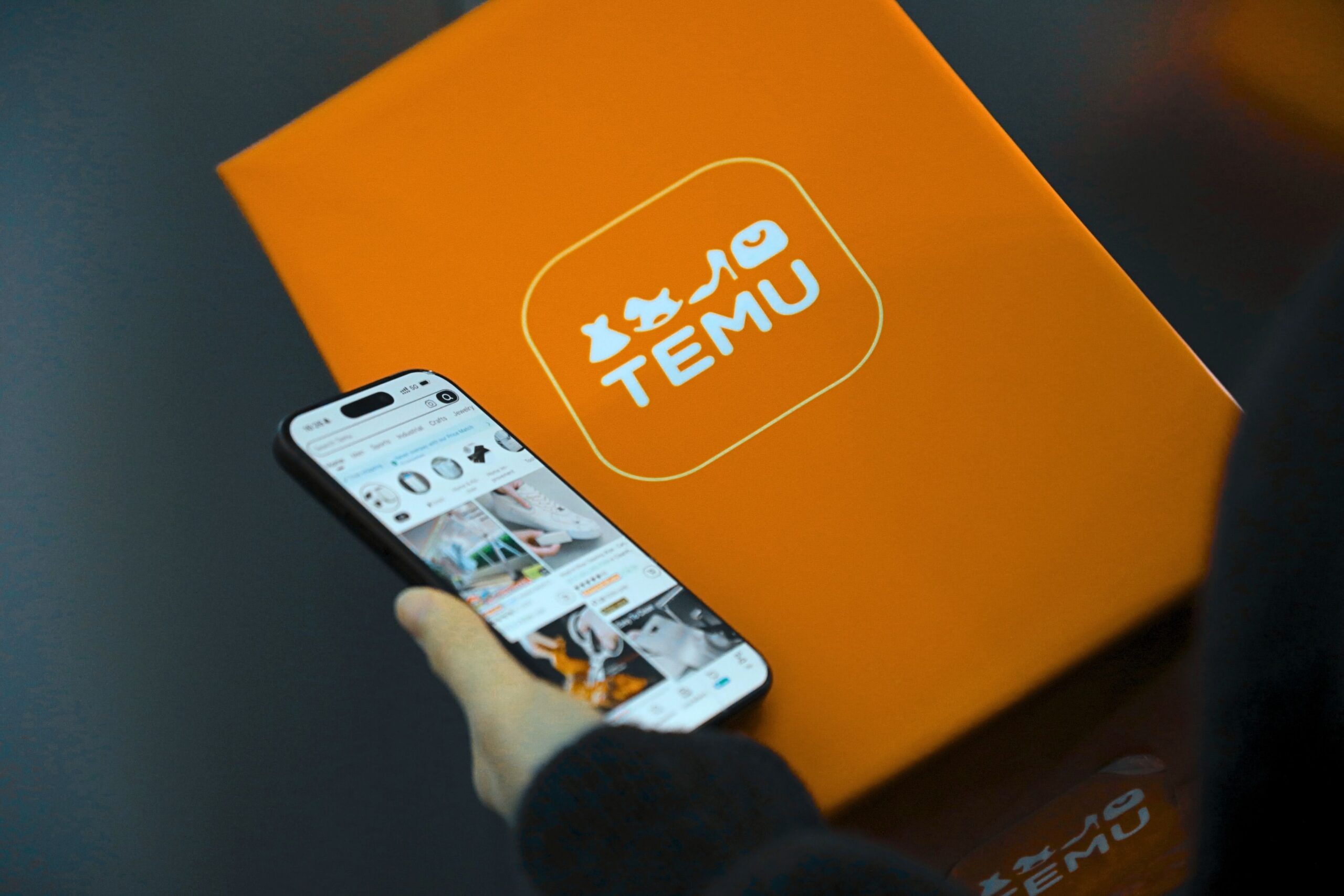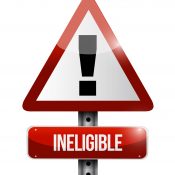“The number of issued blockchain patents is accelerating as the large number of patent applications that have been filed over the past few years are starting to issue…. As the use of the blockchain becomes more solidified in terms of what technologies, like Facebook Libra, will actually take hold in the marketplace, the value of these various patents will become clear.”
 On March 16, 2020, Bitcoin sold at $5,024, down from its previous high of over $19,000. On November 25, 2020, it sold at over $19,000 again. Interest in blockchain technology and Bitcoin, in particular, is on the rise after a cold winter, which began in January 2018. Facebook Libra made a bid to become the world’s currency, and although government regulators have so far stifled its implementation, it still may be implemented in a revised form that satisfies the regulators. Some estimate that Apple could generate $100 billion in shareholder value if they were to integrate Bitcoin into Apple Pay.
On March 16, 2020, Bitcoin sold at $5,024, down from its previous high of over $19,000. On November 25, 2020, it sold at over $19,000 again. Interest in blockchain technology and Bitcoin, in particular, is on the rise after a cold winter, which began in January 2018. Facebook Libra made a bid to become the world’s currency, and although government regulators have so far stifled its implementation, it still may be implemented in a revised form that satisfies the regulators. Some estimate that Apple could generate $100 billion in shareholder value if they were to integrate Bitcoin into Apple Pay.
In previous research, I identified Bank of America as the company holding the largest set of issued patents in the world related to blockchain technologies. In August 2019, they had 12 issued patents in the United States. Craig Wright is well-known for his assertion that he is Satoshi Nakamoto, the pseudonymous author of the first white paper on Bitcoin, and he has filed hundreds of blockchain patent applications. However, in August 2019, Wright had few issued patents. In this article, I will present several recently issued patents to these large filers – Bank of America and Craig Wright.
Bank of America Patents
I note that from September 2019 to November 25, 2020, Bank of America has received 36 new patents that mention blockchain. One of the new Bank of America patents, No. 10,643,202, relates to the real-time processing of transactions in a digital ledger system. This is important given that it takes 10 minutes for a Bitcoin transaction to be completed. There is a need for more real-time recordation on the blockchain, which can accelerate the adoption of blockchain-based transactions in e-commerce and commerce in general through such technologies as Apple Pay and Google Pay.
The Bank of America claims in the ‘202 patent recite a method including receiving a resource transfer request to move resources from one account to another, generating a pending data record on a blockchain and validating the pending data record for a first entity. This is where validating the pending data record for the first entity includes verifying that a unique identifier associated with the user is associated with the user account. The method includes detecting that the pending data record has been validated by a second entity by detecting that a unique identifier associated with the recipient is associated with the recipient account. This involves converting the pending data record to permanent status, and appending it to the blockchain. Based on detecting that the permanent data record is appended to the blockchain, the method includes a real-time transfer of the resources from the account associated with the user to the account associated with the recipient.
According to Bank of America, this approach is faster in contrast to the batch-processing of blockchain transactions. This patent is an example of a potential invention that could be widely implemented to speed up blockchain transactions.
nChain Patents
Craig Wright’s company, nChain Holdings Limited, has only received four U.S. patents since September 2019. One of these patents, No. 10,579,779, covers a method for verifying the integrity of a digital asset using a distributed hash table and a peer-to-peer distributed ledger.
The purpose of the ‘779 patent is to verify the integrity of computer software for installation using the distributed table and a peer-to-peer distributed ledger. This patent can have broad application in terms of ensuring proper distribution and licensing of computer software (or other digital assets).
One claimed method in the ‘779 patent includes determining meta-data (M) associated with a transaction record stored on the peer-to-peer distributed ledger. The method then determines an indication of an entry stored on the distributed hash table from the metadata (M) and determines a third hash value (H3) based on the computer software. The method further includes determining a fourth hash value (H4) from the entry on the distributed hash table, comparing the third hash value (H3) and the fourth hash value (H4) and verifying the integrity of the computer software based on the comparison. If an approach such as the one claimed in the ‘779 patent were to be widely adopted for the distribution and licensing of software, then nChain holdings may seek licensing revenue for this patent.
As noted above, in August 2019, Bank of America had the largest set of issued patents related to blockchain technology. Now, however, I note that the Chinese e-commerce giant Alibaba has received 191 U.S. patents since August 2019. They had received none before that time, despite filing over 2,300 blockchain-related patent applications across the world. Alibaba also received eight new patents in the United States under the Assignee name Advanced New Technologies, Co., Ltd., a Cayman Islands company, which appears to be an affiliate or subsidiary company. Alibaba has clearly overtaken Bank of America and Craig Wright in terms of issued patents in the U.S.
Implications
The next question will be whether any of the claims in these various patents will cover broadly implemented technologies related to real-time transactions, tracking digital assets, implementing smart contracts, or other blockchain-based technology. If so, and given the open-source nature of the blockchain, what will an enforcement regime look like for an nChain company or Alibaba, for example, in terms of licensing or litigation to extract royalties?
nChain has already entered into one license agreement with TAAL Distributed Information Technologies, Inc. The agreement is for nonexclusive rights and access to the nChain portfolio over 10 years to develop advanced blockchain transaction systems on nChain’s existing and future patent portfolio.
The number of issued blockchain patents is accelerating as the large number of patent applications that have been filed over the past few years are starting to issue. In 2019, 659 patents issued in the United States referenced “blockchain.” So far in 2020, with over a month left in the year at the time of writing, 1,442 patents issued mention “blockchain.” As the use of the blockchain becomes more solidified in terms of what technologies, like Facebook Libra, will actually take hold in the marketplace, the value of these various patents will become clear. The convergence of the issuance of many blockchain patents in the recent past, coupled with the increase in Bitcoin’s value and the expansion of blockchain technology into spaces like social media and Apple Pay, should lead to a more aggressive patent licensing/litigation environment over the next few years.

![[IPWatchdog Logo]](https://ipwatchdog.com/wp-content/themes/IPWatchdog%20-%202023/assets/images/temp/logo-small@2x.png)

![[Advertisement]](https://ipwatchdog.com/wp-content/uploads/2026/02/Junior-AI-Feb-10-2026-sidebar-CLE-700x500-1.jpg)
![[Advertisement]](https://ipwatchdog.com/wp-content/uploads/2026/02/Anaqua-Feb-12-2026-sidebar-700x500-1.jpg)
![[Advertisement]](https://ipwatchdog.com/wp-content/uploads/2026/02/Ankar-AI-Feb-17-2025-sidebar-700x500-1.jpg)
![[Advertisement]](https://ipwatchdog.com/wp-content/uploads/2025/12/LIVE-2026-sidebar-regular-price-700x500-1.jpg)







![[Advertisement]](https://ipwatchdog.com/wp-content/uploads/2021/12/WEBINAR-336-x-280-px.png)
![[Advertisement]](https://ipwatchdog.com/wp-content/uploads/2021/12/Ad-4-The-Invent-Patent-System™.png)







Join the Discussion
2 comments so far.
LazyCubicleMonkey
December 10, 2020 09:36 pm“he next question will be whether any of the claims in these various patents will cover broadly implemented technologies related to real-time transactions, tracking digital assets, implementing smart contracts, or other blockchain-based technology. If so, and given the open-source nature of the blockchain, what will an enforcement regime look like for an nChain company”
Would be wonderful if this could be expanded upon – especially since some of the blockchain technologies are specifically designed as work-around to censorship unfriendly regimes. How would patents be enforced against technologies specifically designed to resist them?
Curious
December 4, 2020 11:44 amOn March 16, 2020, Bitcoin sold at $5,024, down from its previous high of over $19,000. On November 25, 2020, it sold at over $19,000 again.
An observation about a particular gambling subject has no business in a discussion of intellectual property law. Moreover, an observation as to the value of these gambling assets has little to do with the value of the technology underlying these particular “virtual assets.”
I’ve already handled applications involve blockchain technology. They have nothing to do with bitcoin or other virtual currency. I know WHY you felt the need to mention bitcoin — however, that would be to play to a different audience than that found here.